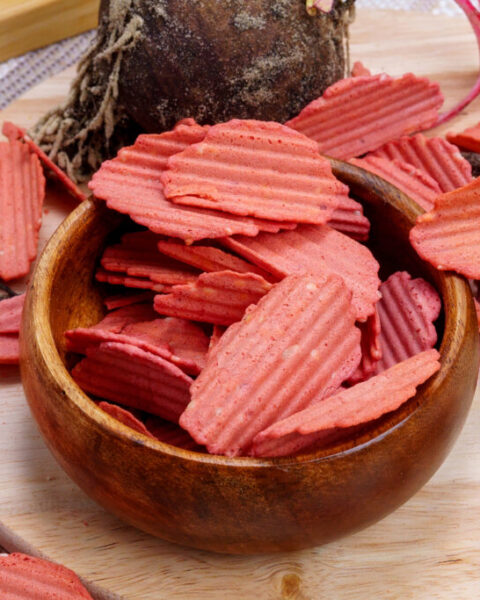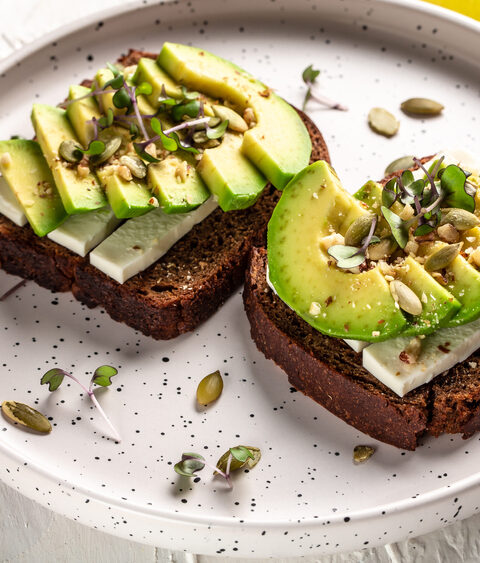Taking care of your heart doesn’t have to be complicated. One of the easiest ways to boost your heart health is by adding more whole grains to your diet. These grains are packed with nutrients that can help lower cholesterol, regulate blood sugar, and improve overall cardiovascular health. Whether it’s a hearty bowl of oatmeal for breakfast or a delicious quinoa salad for lunch, incorporating whole grains into your meals can make a big difference.
Contents
Oats

Oats are renowned for their heart-healthy properties, primarily due to their high content of beta-glucan, a type of soluble fiber that helps lower cholesterol levels. Regular consumption of oats has been linked to reduced risk of heart disease and improved overall cardiovascular health. Additionally, oats are a versatile grain, making them easy to incorporate into a variety of meals, from breakfast cereals to baked goods. The antioxidants present in oats also play a role in reducing inflammation and promoting heart health. Their ability to stabilize blood sugar levels further enhances their heart-protective effects. Including oats in your diet can lead to sustained energy levels and improved digestive health.
Barley
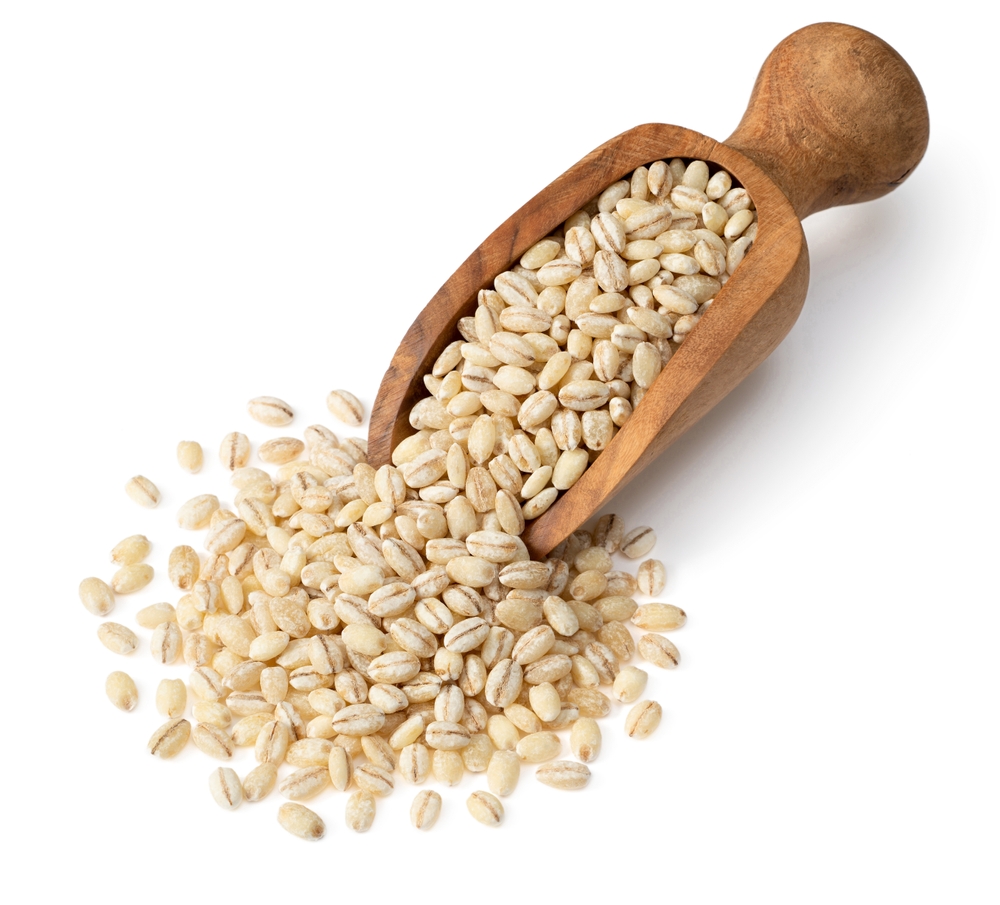
Barley is a whole grain rich in dietary fiber, particularly beta-glucan, which has been shown to effectively lower cholesterol. Its high fiber content also aids in maintaining healthy blood sugar levels, making it beneficial for heart health. Barley contains important vitamins and minerals such as magnesium, potassium, and B vitamins, all of which contribute to cardiovascular wellness. Consuming barley regularly can help reduce blood pressure and improve overall heart function. Its nutty flavor and chewy texture make it a delightful addition to soups, stews, and salads. Moreover, barley’s antioxidant properties help combat oxidative stress and inflammation, further protecting the heart.
Quinoa
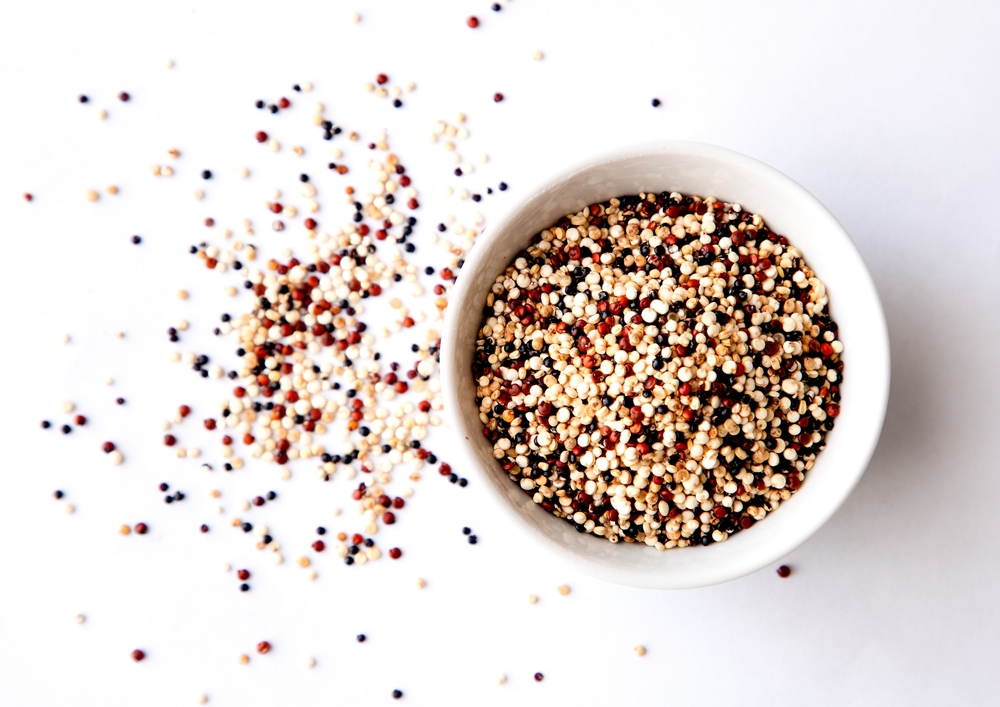
Quinoa is a nutrient-dense grain that is naturally gluten-free and packed with protein, fiber, and essential amino acids. Its high magnesium content is particularly beneficial for heart health, as magnesium helps relax blood vessels and reduce blood pressure. Quinoa also contains antioxidants and anti-inflammatory compounds that support cardiovascular health. The grain is versatile and can be used in a variety of dishes, from salads to main courses. Additionally, quinoa’s low glycemic index helps manage blood sugar levels, reducing the risk of heart disease. Incorporating quinoa into your diet can enhance overall nutrient intake and support heart health.
Brown Rice
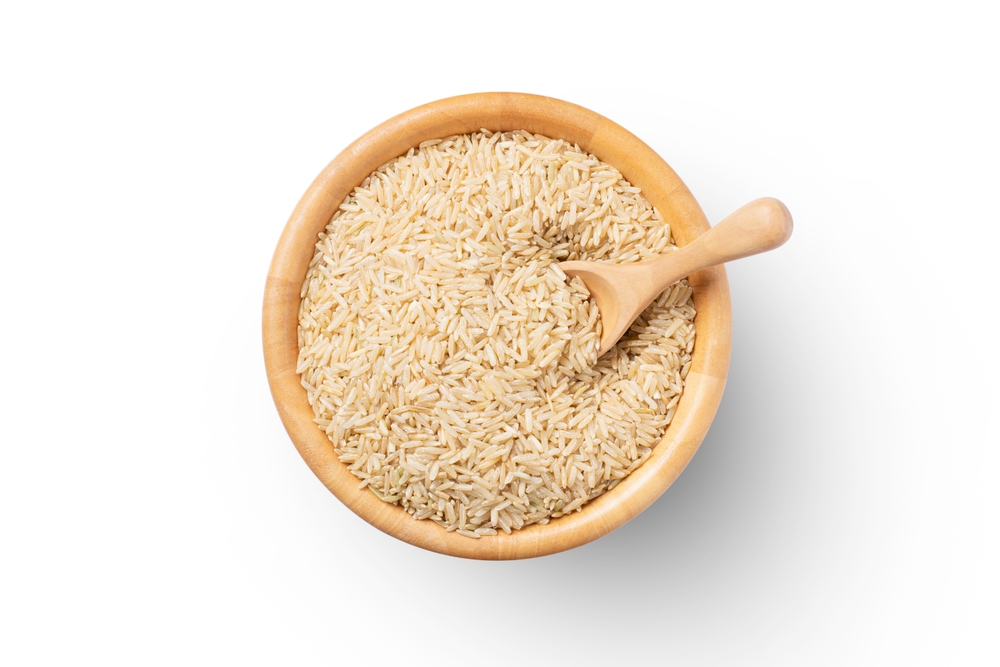
Brown rice retains its nutrient-rich bran and germ layers, making it a superior choice compared to white rice. It is high in fiber, which aids in lowering cholesterol and improving heart health. Brown rice is also a good source of magnesium, which is essential for maintaining a healthy heartbeat and reducing blood pressure. The antioxidants present in brown rice help protect against cellular damage and inflammation. Regular consumption of brown rice can contribute to improved arterial function and reduced risk of heart disease. Its nutty flavor and chewy texture make it a versatile grain that pairs well with various dishes.
Buckwheat
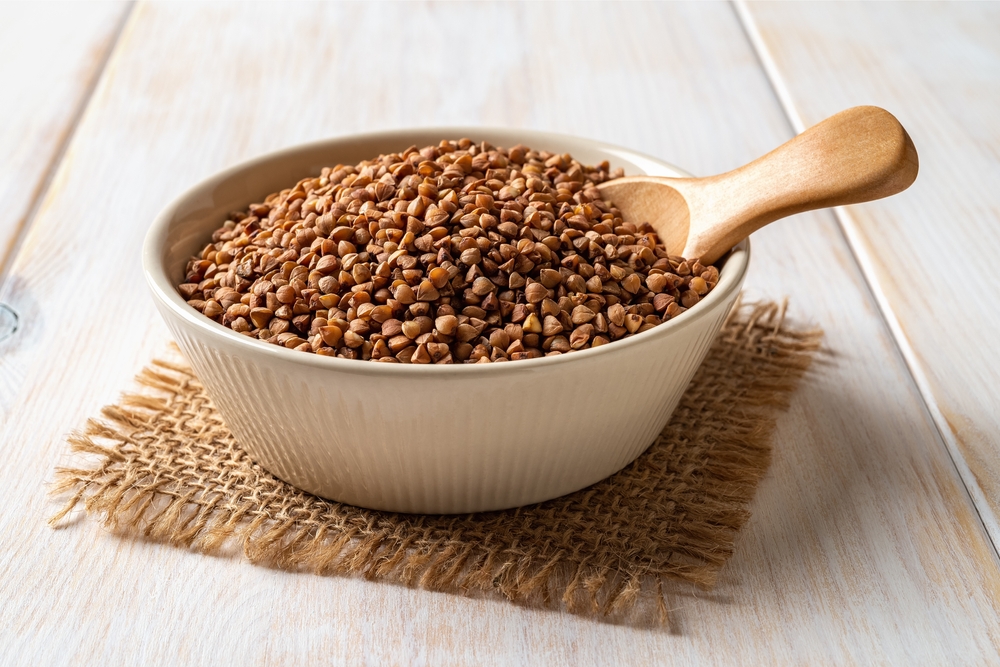
Despite its name, buckwheat is not related to wheat and is naturally gluten-free. It is rich in antioxidants, particularly rutin, which helps strengthen blood vessels and improve circulation. Buckwheat’s high fiber content aids in lowering cholesterol levels and promoting heart health. It is also a good source of magnesium, which supports cardiovascular function and helps regulate blood pressure. Buckwheat can be used in a variety of culinary applications, from pancakes to savory dishes. Its ability to stabilize blood sugar levels further enhances its benefits for heart health. Including buckwheat in your diet can lead to improved overall cardiovascular wellness.
Millet
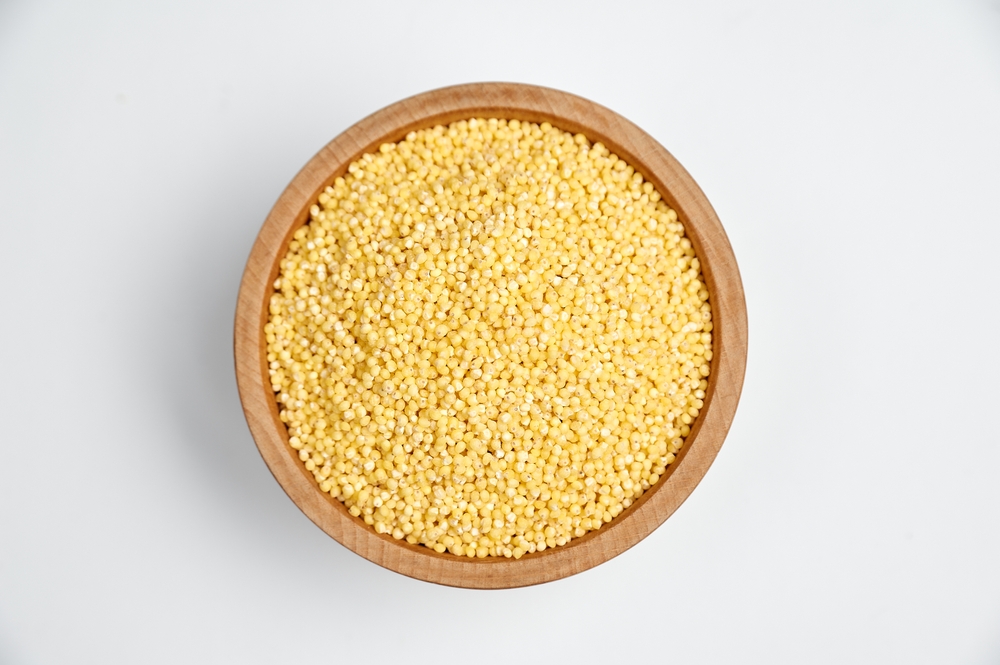
Millet is a whole grain that is rich in magnesium, which helps regulate heartbeat and blood pressure. It is also high in antioxidants and anti-inflammatory compounds that support cardiovascular health. Millet’s high fiber content aids in lowering cholesterol levels and promoting heart health. The grain is versatile and can be used in a variety of dishes, from porridge to salads. Millet is also beneficial for managing blood sugar levels, which is crucial for reducing the risk of heart disease. Regular consumption of millet can lead to improved overall cardiovascular function and health.
Farro
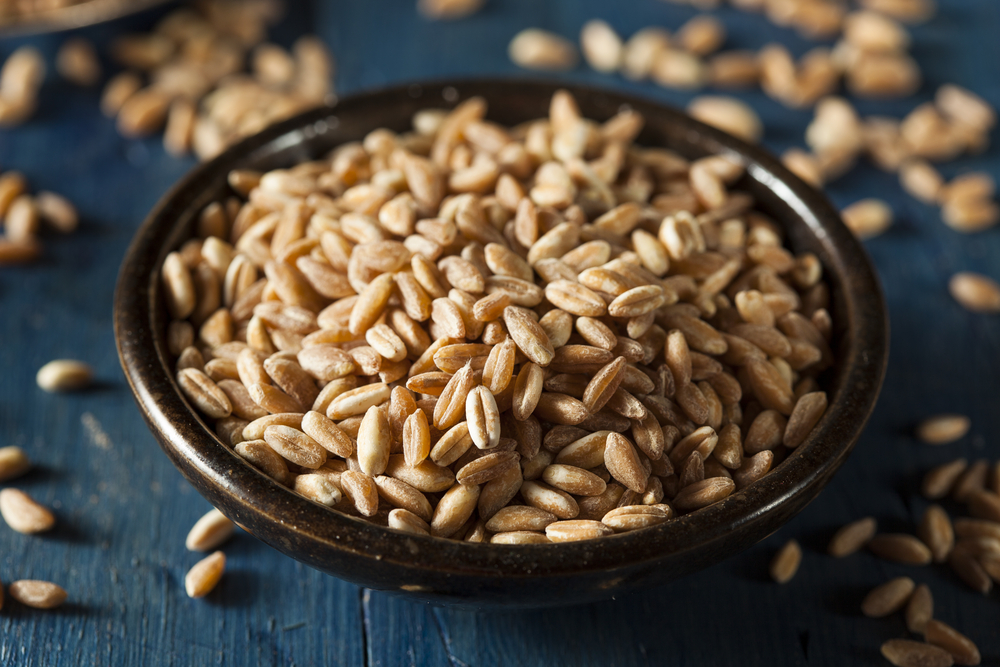
Farro is an ancient grain that is packed with fiber, protein, and essential nutrients such as magnesium, iron, and B vitamins. Its high fiber content helps lower cholesterol levels and promote heart health. Farro’s magnesium content is particularly beneficial for maintaining a healthy heartbeat and reducing blood pressure. The grain’s antioxidants and anti-inflammatory properties support overall cardiovascular wellness. Farro’s nutty flavor and chewy texture make it a delightful addition to salads, soups, and main dishes. Including farro in your diet can enhance nutrient intake and support heart health.
Bulgur
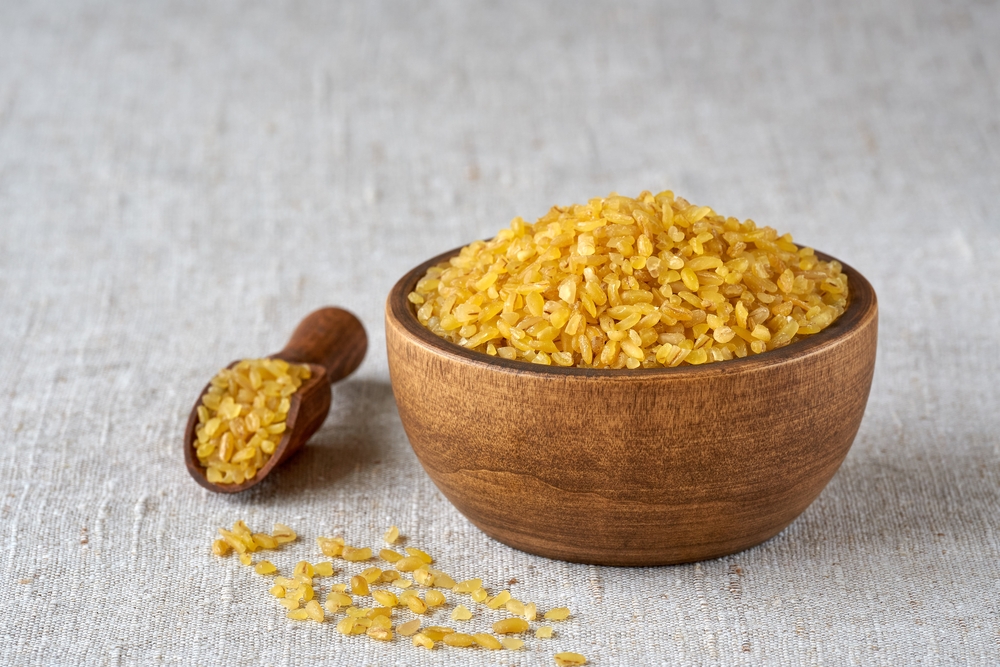
Bulgur is a whole grain made from cracked wheat and is rich in fiber, which aids in lowering cholesterol and improving heart health. It is also a good source of magnesium, iron, and B vitamins, all of which contribute to cardiovascular wellness. Bulgur’s high fiber content also helps regulate blood sugar levels, reducing the risk of heart disease. The grain’s antioxidants and anti-inflammatory properties further support heart health. Bulgur is versatile and can be used in a variety of dishes, from salads to side dishes. Regular consumption of bulgur can lead to improved overall cardiovascular function.
Sorghum
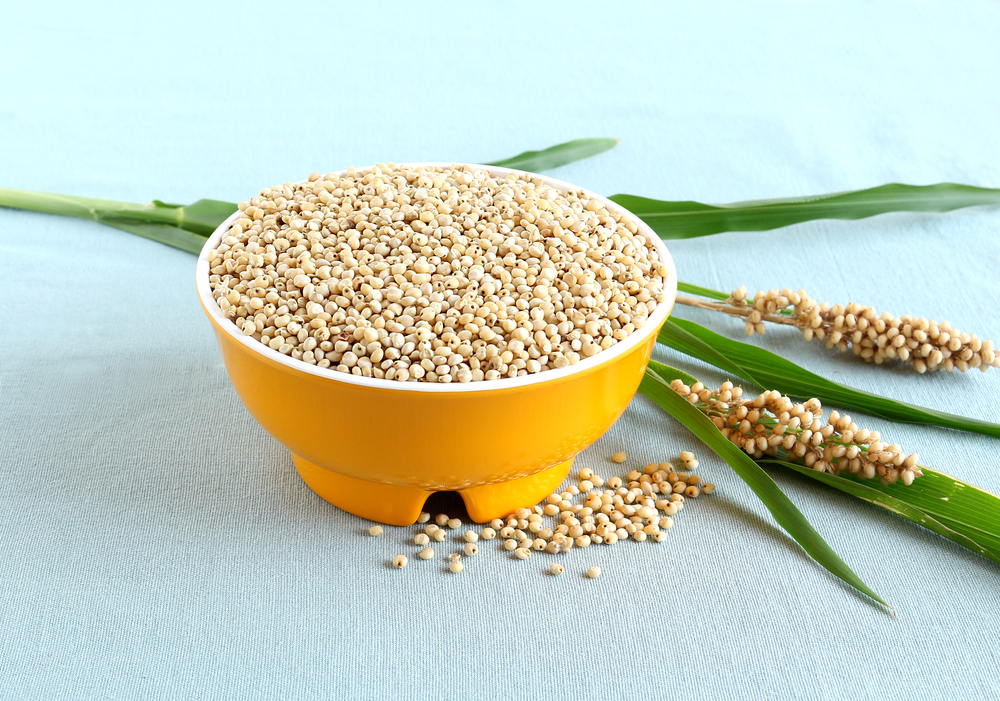
Sorghum is a nutrient-dense grain that is naturally gluten-free and high in antioxidants, particularly phenolic compounds, which help reduce inflammation and promote heart health. Its high fiber content aids in lowering cholesterol levels and improving cardiovascular wellness. Sorghum is also a good source of magnesium, which helps regulate heartbeat and blood pressure. The grain’s low glycemic index helps manage blood sugar levels, reducing the risk of heart disease. Sorghum’s versatility allows it to be used in a variety of culinary applications, from porridge to baked goods. Including sorghum in your diet can enhance overall nutrient intake and support heart health.
Amaranth
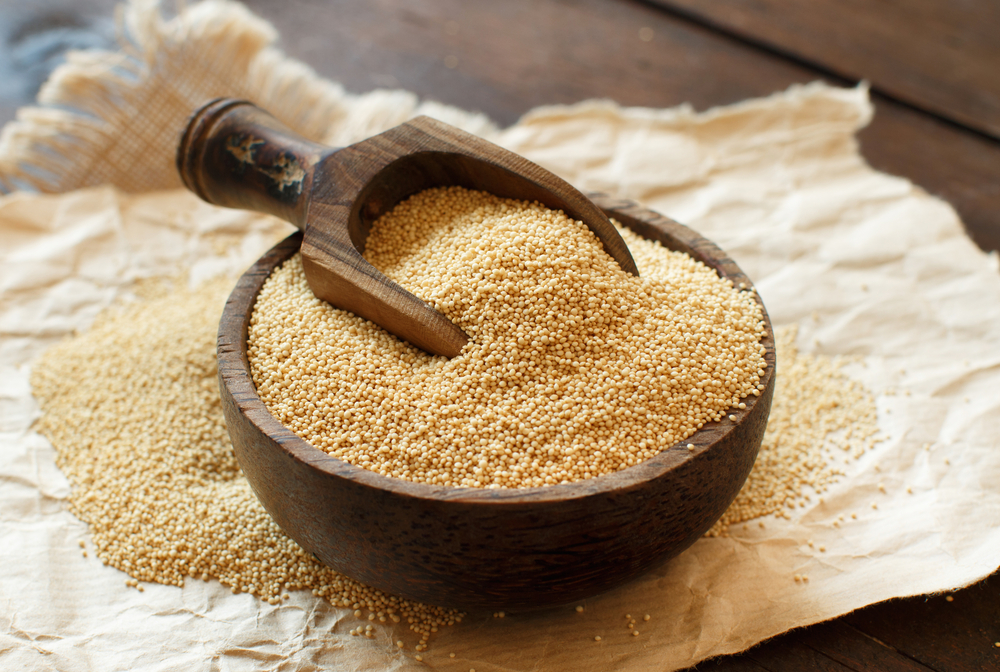
Amaranth is a nutrient-rich grain that is naturally gluten-free and high in protein, fiber, and essential amino acids. Its high magnesium content is particularly beneficial for heart health, as magnesium helps relax blood vessels and reduce blood pressure. Amaranth also contains antioxidants and anti-inflammatory compounds that support cardiovascular health. The grain is versatile and can be used in a variety of dishes, from porridge to salads. Additionally, amaranth’s low glycemic index helps manage blood sugar levels, reducing the risk of heart disease. Incorporating amaranth into your diet can enhance overall nutrient intake and support heart health.
This article originally appeared on RetailShout.
More From RetailShout
22 Nut-Based Desserts You Can Make at Home

Nut-based desserts offer the perfect combination of crunch and sweetness, making them irresistible to those who love treats with texture. Whether you’re looking for a quick snack or a decadent finish to a meal, these desserts are both easy to make and packed with the goodness of nuts. Read More.
21 Aldi Just Brought Back Its Best Holiday Products Early
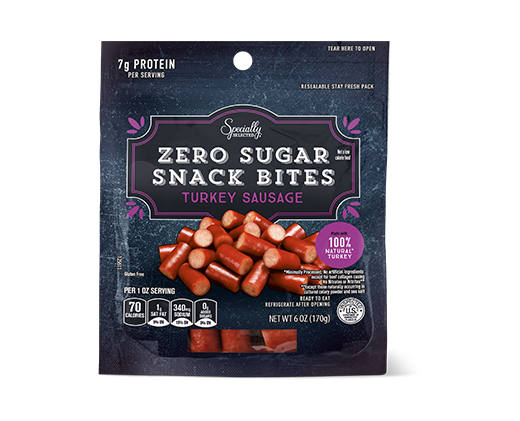
ALDI just brought back some of its best holiday products, and it’s time to get excited. These aren’t your average grocery store finds—this lineup is all about gourmet flavors and unique treats that you can’t always find year-round. Read More.
10 Amazing Food Hacks for an Unforgettable Camping Trip

Camping doesn’t mean you have to sacrifice good food and flavors. With these amazing camping food hacks, you can enjoy tasty, hassle-free meals under the stars. Read More.


